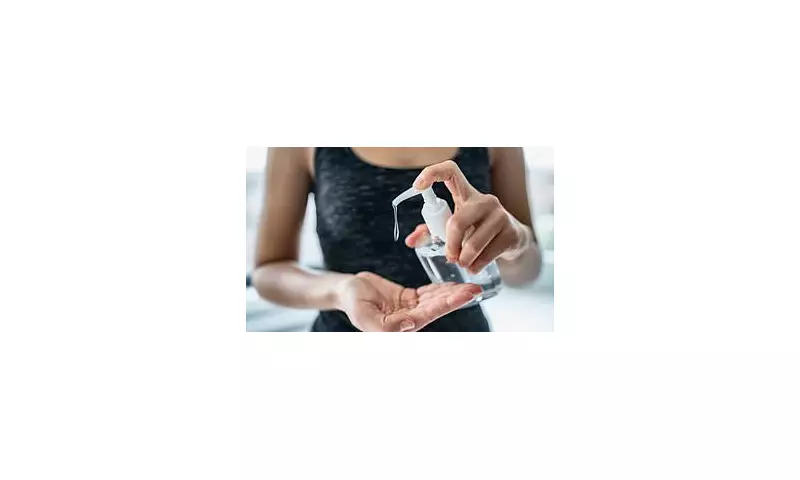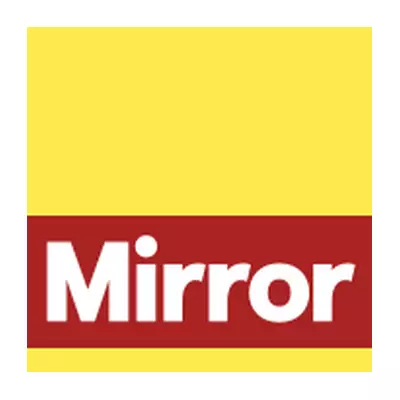
Could the ubiquitous hand sanitiser, a staple in bags and pockets since the pandemic, be facing an uncertain future across Europe? European regulators have launched a major safety review of a key antibacterial ingredient over growing concerns about potential cancer risks.
The Ingredient Under Fire
At the centre of the controversy stands triclosan, a chemical compound widely used in antibacterial products including hand gels, soaps, and cleaning products. The European Chemicals Agency has raised significant concerns after studies suggested potential links to cancer development and other health issues.
What The Science Says
Research indicates that triclosan might interfere with hormonal systems and could potentially promote the growth of cancer cells. While the evidence isn't yet conclusive, the precautionary principle has prompted EU authorities to take proactive measures.
Potential Impact On Consumers
If the EU moves forward with restrictions, consumers could see:
- Removal of certain sanitiser brands from shelves
- Reformulated products without triclosan
- Increased focus on alcohol-based alternatives
- Potential price increases for reformulated products
Industry Response And Alternatives
Manufacturers are already exploring safer alternatives, with many highlighting that alcohol-based sanitisers remain effective and uncontroversial. The industry faces significant reformulation challenges if triclosan is banned entirely.
What This Means For Public Health
Health experts emphasise that proper hand hygiene remains crucial for preventing disease spread. They recommend alcohol-based sanitisers containing at least 60% alcohol as a safe and effective alternative during this regulatory review period.
The final decision from EU authorities is expected in the coming months, potentially reshaping the future of hand hygiene products across the continent.





